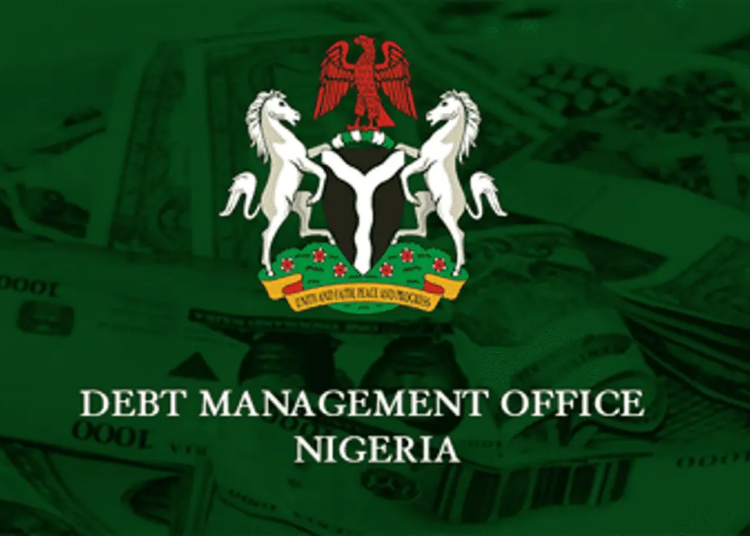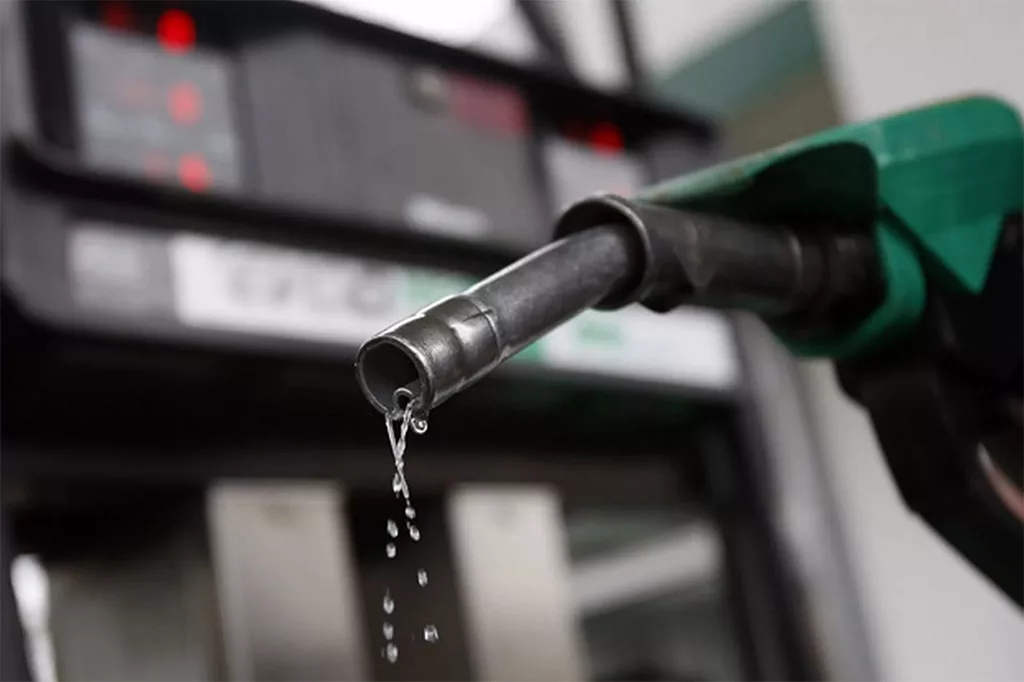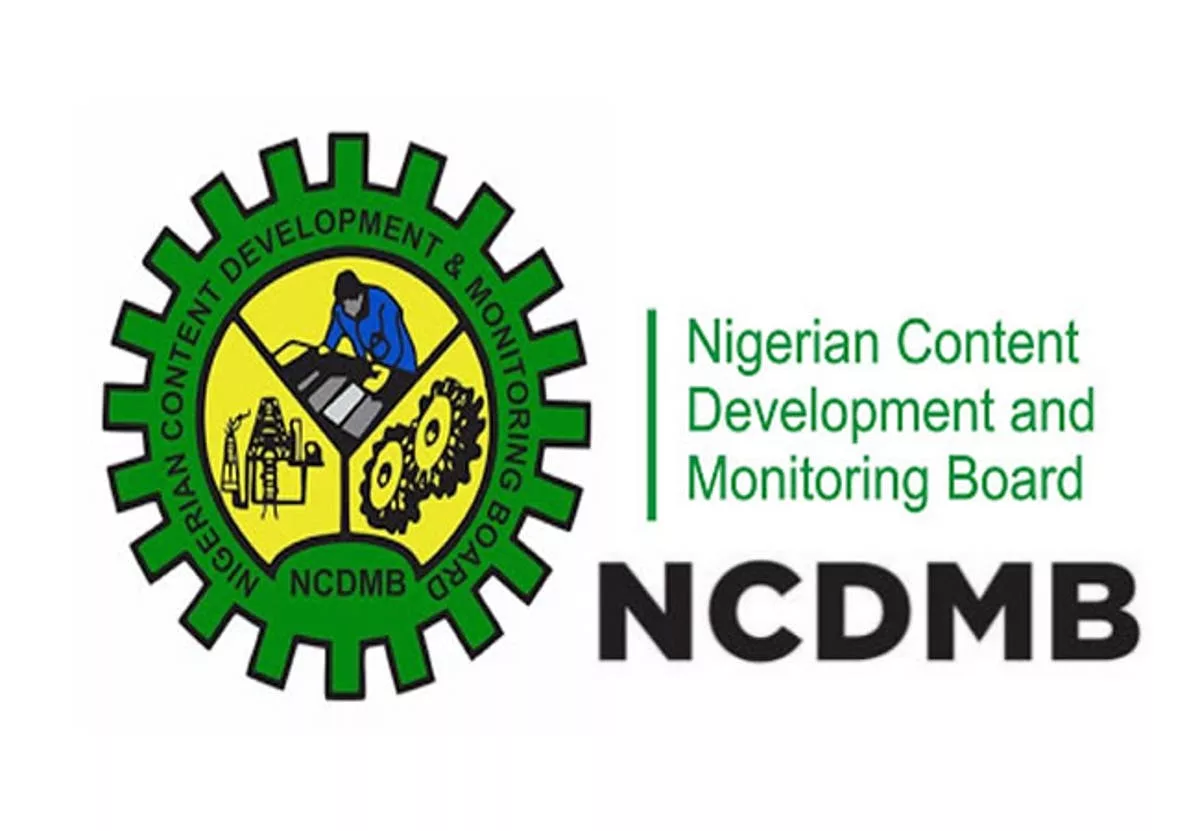Following the rise in the country’s debt by 20 per cent in the Q4 of 2022, experts have warned that the continuous rise in the nation’s debt profile will create less resources for infrastructure development and economic growth.
According to a latest figure by the Debt Management Office (DMO), Nigeria’s debt stock hit the upward curve in the fourth quarter 2022, hitting a N46.25 trillion or $103.11 billion.
On his part, the director of Centre for the Promotion of Private Enterprise (CPPE), Dr. Muda Yusuf stated that the implication of Nigeria’s debt profile is the burden of servicing the debt, which has been on an increase, adding that, “this means that less resource is available for development of the economy; investment in infrastructure; and investment in the social services.”
He also noted that, it has a crowding out effect in the financial market for the private sector, saying, “the implication of high debt service is that level of borrowing will be increasing and most of the borrowing is done domestically.
“Also, it creates a visual circle indebtedness or debt trap because as the debt profile in increasing, the burden of debt service is increasing also. Already close to 80 per cent of our revenue is used to service debt. If the debt continues to increase that means more of our resource will be used to service debt.”
According to Yusuf, “this is a challenging situation and the way out of this is for us to see how we can pursue more rigorously the fiscal consolidation. Looking at how we can boost our revenue and the level of revenue coming to government is extremely low for the size of our economy.
“We need to do a lot more and one of things we can do is to unlock more revenue by addressing the issue of subsidy, with this we should be able to unlock about N7 trillion or more.
“Also putting an end to foreign exchange subsidy we should be able to unlock some revenue of about N4 trillion; increase oil output and address the issue of corruption.”
He explained that, “this will enable us to use our money in a transparent and productive manner. We need to check the quality of our spending. This is not only a revenue issue but also an expenditure issue. We need to cut down on the cost of governance.”
Similarly, the national president/chairman of Nigerian Association of Chambers of Commerce, Industry, Mines, and Agriculture (NACCIMA), Ide Udeagbala said: “it is now obvious that the current levels of debt servicing payments are considerably too high and unsustainable given the dwindling government revenues. We call for urgent structural reforms of our economy towards transformational production economy and effective and efficient management of our debts profile to enhance the productivity level of the country.”
Udeagbala added that, “as the leading member of the Organized Private Sector, NACCIMA strongly advocate once again for less dependence on debt financing and ensure effective implementation of the budget to address the productivity challenges of the economy.”
He stressed the need for fiscal policies and public expenditure controls at various government levels as this will help keep the nation’s debt profile in check and make available resources to fund other government priority projects.
Earlier, DMO said, the N46.25 trillion or $103.11 billion debt consists of the domestic and external total debt stock of the federal government, and the sub-national governments (36) state governments and the Federal Capital Territory.
A detailed look into the figures showed that Nigeria recorded N2.19 trillion debt increase within the last quarter of 2022 (Q4), a steep departure from the N44.06 trillion that was recorded in third quarter (Q3) of the same year ended. That is a 20 percent growth rate in the quarter under revenue.
In terms of composition, total domestic debt stock was N27.55 trillion ($ 61.42 billion) while total external debt was N18.70 trillion ($ 41.69 billion). The comparative figure for December 31, 2021, is N39.56 trillion or $95.77 billion.
The debt office gave reasons for the increase in the total public debt to include new borrowings by the federal and sub-national governments, primarily to fund budget deficits and execute projects.
The issuance of Promissory Notes by the federal government to settle some liabilities also contributed to the growth in the debt stock.
LEADERSHIP recalls that the National Assembly was yet to grant approval for securitization of the N23.77 trillion Central Bank of Nigeria’s ‘Ways and Means’ borrowing to the federal government, a development that would jack up the debt ratio for Nigeria.
President Muhammadu Buhari had asked the National Assembly to approve the securitization of the ‘Ways and Means’ for easy debt servicing, an approval that is yet to be granted by the lawmakers.
On-going efforts by the government to increase revenues from oil and non-oil sources through initiatives such as the finance Acts and the strategic revenue mobilization initiative are expected to support debt sustainability.
Meanwhile, the total public debt to gross domestic product (GDP) ratio for December 31, 2022, was 23.20 per cent and indicates a slight increase from the figure for December 31, 2022, at 22.47 per cent.
The ratio of 23.20 per cent is within the 40 per cent limit self-imposed by Nigeria, the 55 per cent limit recommended by the World Bank/International Monetary Fund, and, the 70 per cent limit recommended by the Economic Community of West African States.
We’ve got the edge. Get real-time reports, breaking scoops, and exclusive angles delivered straight to your phone. Don’t settle for stale news. Join LEADERSHIP NEWS on WhatsApp for 24/7 updates →
Join Our WhatsApp Channel










